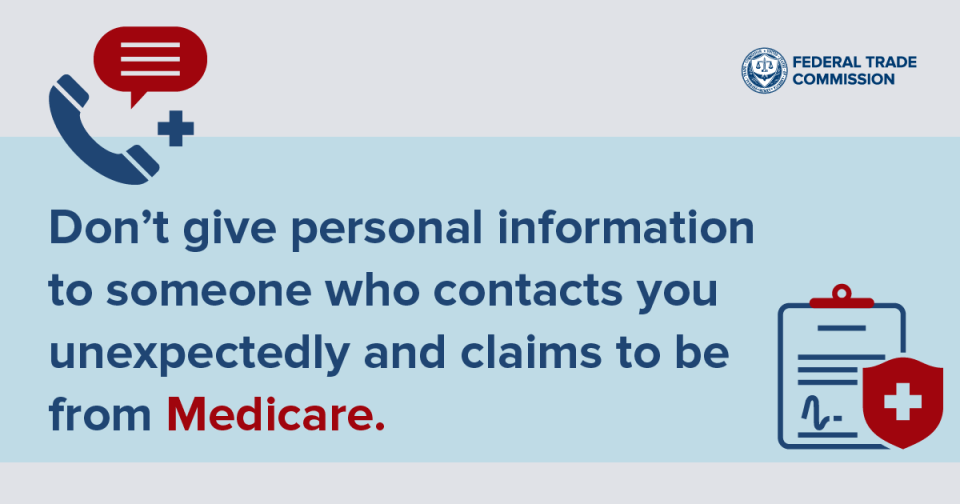The United States Department of Labor (USDOL) has issued a comprehensive set of resources that can be accessed below for employers on dealing with Long COVID.
Supporting Employees with Long COVID: A Guide for Employers
The “Supporting Employees with Long COVID” guide from the USDOL-funded Employer Assistance and Resource Network on Disability Inclusion (EARN) and Job Accommodation Network (JAN) addresses the basics of Long COVID, including its intersection with mental health, and common workplace supports for different symptoms. It also explores employers’ responsibilities to provide reasonable accommodations and answers frequently asked questions about Long COVID and employment, including inquiries related to telework and leave.
Download the guide
Accommodation and Compliance: Long COVID
The Long COVID Accommodation and Compliance webpage from the USDOL-funded Job Accommodation Network (JAN) helps employers and employees understand strategies for supporting workers with Long COVID. Topics include Long COVID in the context of disability under the Americans with Disabilities Act (ADA), specific accommodation ideas based on limitations or work-related functions, common situations and solutions, and questions to consider when identifying effective accommodations for employees with Long COVID. Find this and other Long COVID resources from JAN, below:
Long COVID, Disability and Underserved Communities: Recommendations for Employers
The research-to-practice brief “Long COVID, Disability and Underserved Communities” synthesizes an extensive review of documents, literature and data sources, conducted by the USDOL-funded Employer Assistance and Resource Network on Disability Inclusion (EARN) on the impact of Long COVID on employment, with a focus on demographic differences. It also outlines recommended actions organizations can take to create a supportive and inclusive workplace culture for people with Long COVID, especially those with disabilities who belong to other historically underserved groups.
Read the brief
Long COVID and Disability Accommodations in the Workplace
The policy brief “Long COVID and Disability Accommodations in the Workplace” explores Long COVID’s impact on the workforce and provides examples of policy actions different states are taking to help affected people remain at work or return when ready. It was developed by the National Conference of State Legislatures (NCSL) as part of its involvement in USDOL’s State Exchange on Employment and Disability (SEED) initiative.
Download the policy brief
Understanding and Addressing the Workplace Challenges Related to Long COVID
The report “Understanding and Addressing the Workplace Challenges Related to Long COVID” summarizes key themes and takeaways from an ePolicyWorks national online dialogue through which members of the public were invited to share their experiences and insights regarding workplace challenges posed by Long COVID. The dialogue took place during summer 2022 and was hosted by USDOL and its agencies in collaboration with the Centers for Disease Control and Prevention and the U.S. Surgeon General.
Download the report
Working with Long COVID
The USDOL-published “Working with Long COVID” fact sheet shares strategies for supporting workers with Long COVID, including accommodations for common symptoms and resources for further guidance and assistance with specific situations.
Download the fact sheet
COVID-19: Long-Term Symptoms
This USDOL motion graphic informs workers with Long COVID that they may be entitled to temporary or long-term supports to help them stay on the job or return to work when ready, and shares where they can find related assistance.
Watch the motion graphic
A Personal Story of Long COVID and Disability Disclosure
In the podcast “A Personal Story of Long COVID and Disability Disclosure,” Pam Bingham, senior program manager for Intuit’s Diversity, Equity and Inclusion in Tech team, shares her personal experience of navigating Long COVID symptoms at work. The segment was produced by the USDOL-funded Partnership on Employment and Accessible Technology (PEAT) as part of its ongoing “Future of Work” podcast series.
Listen to the podcast


